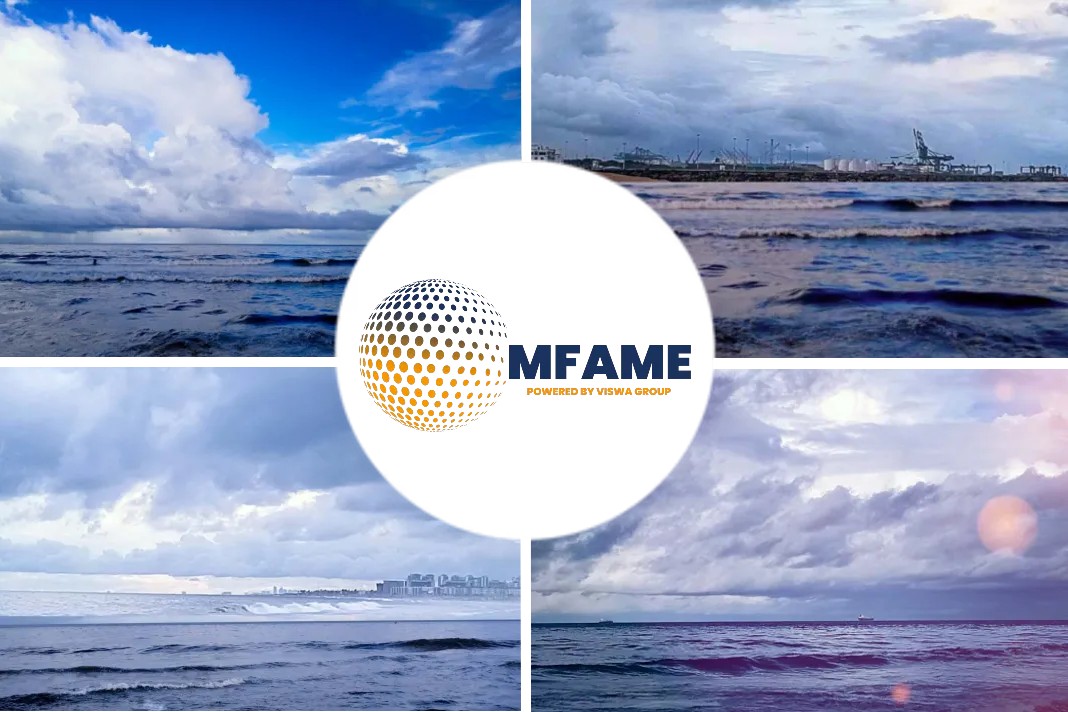
UN yet to meet funding goal to remove oil from decaying tanker, states a Riviera news source.
Additional US$5.6M towards securing crude oil
Donors have pledged an additional US$5.6M towards securing crude oil stranded aboard Safer, the FSO moored offshore Yemen, but a further US$24M is needed to transfer oil from the decaying supertanker in the emergency phase of the operation
As previously reported, the United Nations is in the process of transferring more than a million barrels of crude oil from the rusting tanker off the coast of Yemen. The stranded vessel poses a major environmental threat. Yemen, long the Arab Peninsula’s poorest country, has been engulfed in civil war for nearly a decade, which has made a salvage operation challenging.
In total, the operation is budgeted at US$129M. Egypt, France, Italy, Luxembourg, Malta, Norway, the Republic of Korea, the UK and private company Octavia Energy and its subsidiary Calvalley Petroleum announced pledges totalling almost US$8M, of which US$5.6M represents new funding.
With the new pledges, the UN has now raised US$105.2M for the emergency phase of the operation, which leaves a further US$23.8M to be plugged.
VLCC Nautica, from Euronav
In March, the UN secured a replacement vessel, VLCC Nautica, from Euronav, which will take on the oil from Safer. Subsequently, UNDP contracted a Boskalis subsidiary to transfer the oil from Safer and prepare the vessel to be towed to a scrapyard. The salvage vessel Ndeavor departed for the Red Sea on 21 April.
The UN said both Nautica, Ndeavor and the team that will carry out the transfer of the oil are en route to Djibouti for final preparations before the operation begins later this month.
The UN estimates the second phase will cost another US$19M, comprising the installation of a catenary anchor leg mooring buoy, tethering the replacement vessel to it and towing Safer to a salvage yard for recycling.
UNDP administrator Achim Steiner reiterated the call to plug the funding gap, “We appreciate the UK and the Netherlands stepping up and taking the lead in organising this pledging conference and we thank those who have contributed so far. Yet, the funds are still significantly short of what is needed. The rationale for action is clear: US$20M now could save US$20Bn in potential costs later. The moral case is equally clear. Millions stand to suffer in the event of an oil spill from FSO Safer.”
David Gressly, who leads on UN system-wide efforts on FSO Safer said, “We are on the cusp of addressing the threat from Safer. That is a testament to the broad coalition working to prevent the catastrophe, including the entire UN system, donors, the private sector, and the global public through the UN’s crowdfunding campaign, environmental groups, and many others. But we will not truly heave a sigh of relief until the work is done. We thank all donors for their generosity and encourage others to contribute to save the Red Sea.”
The UN reiterated its gratitude to donors who have supported the project to date: Canada, Cyprus, Denmark, Egypt, the European Union, Finland, France, Germany, Greece, Italy, Japan, Kuwait, Luxembourg, Malta, the Netherlands, Norway, Qatar, the Republic of Korea, Saudi Arabia, Sweden, Switzerland, the United Kingdom, and the United States, as well as the HSA Group, the International Association of Oil and Gas Producers, Octavia Energy/Calvalley Petroleum and the Trafigura Foundation.
Individual members of the public have also contributed more than US$260,000 through a UN crowdfunding campaign. For more information on the FSO Safer Project, visit: www.un.org/en/StopRedSeaSpill. Donors can make contributions here.
Did you subscribe to our daily Newsletter?
It’s Free! Click here to Subscribe!
Source: Riviera
















